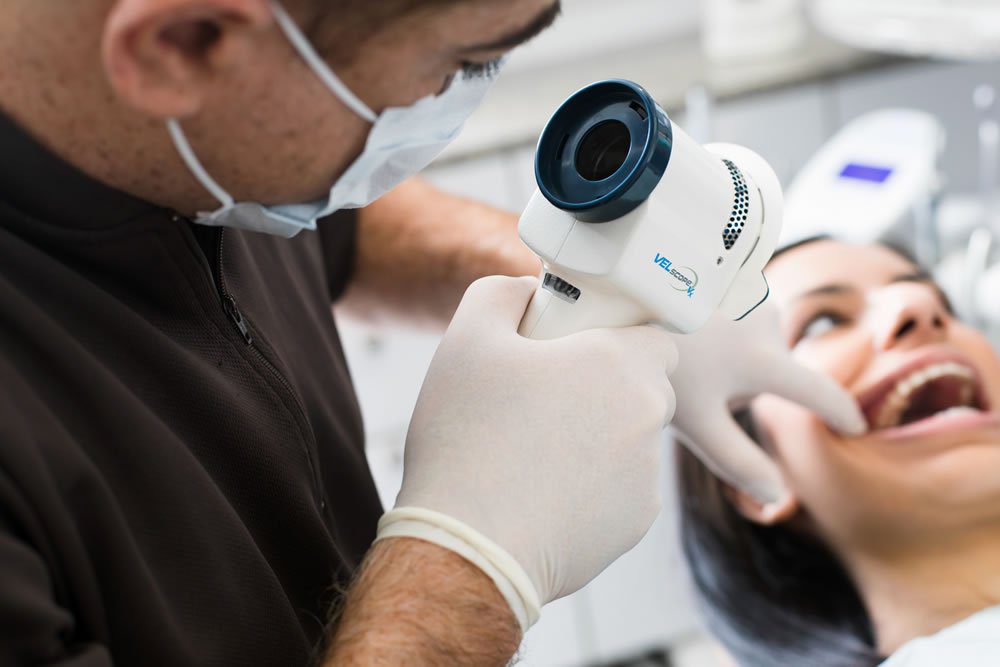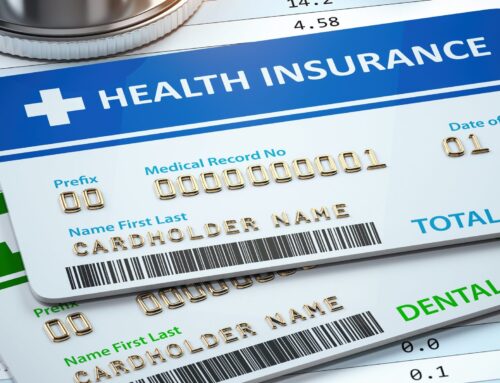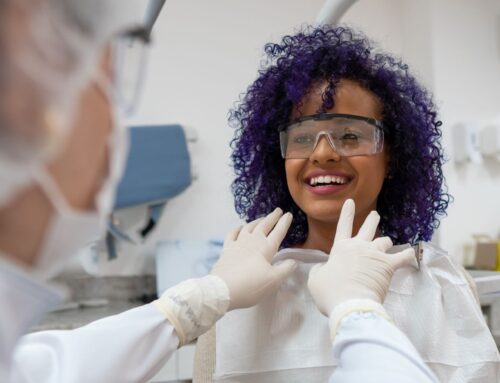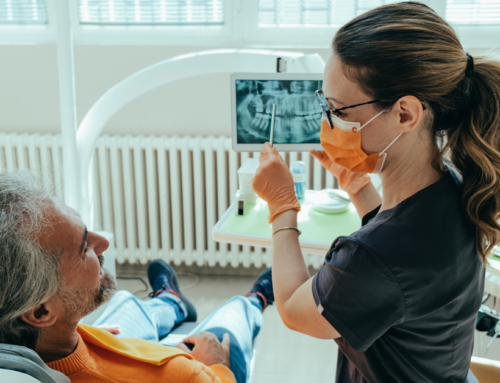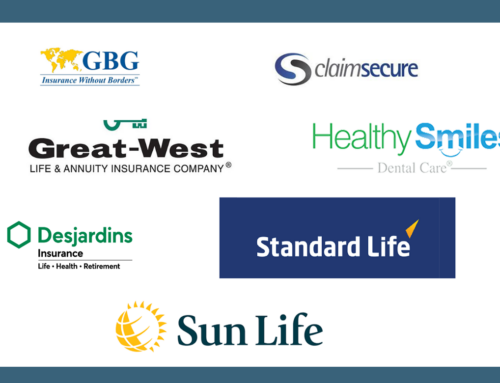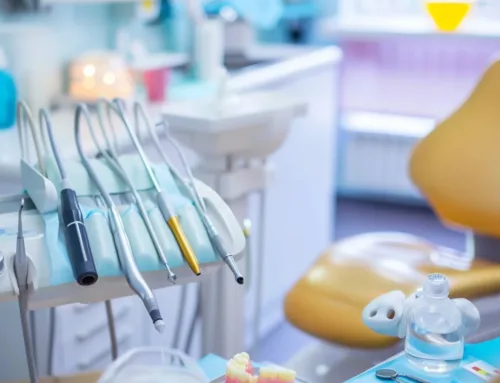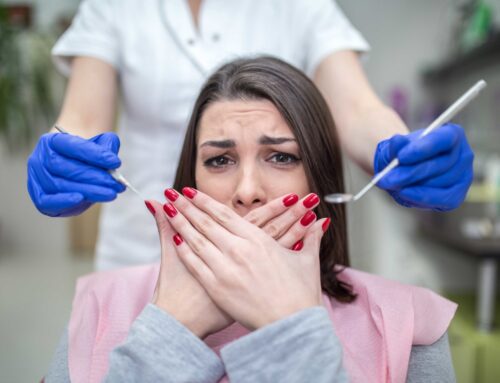Your Guide to Oral Cancer Screening
Modern practices in oral health care and improved awareness of the importance of good dental hygiene habits have made a drastic difference in the overall health of Canadians, and this trend continues to improve every year. We are very fortunate to have such widespread access to highly trained dental health professionals in Canada, and the impact of this access is shown in statistics such as overall quality of life and average lifespan.
One area of dental health that is seeing increased emphasis in recent years is the awareness of oral cancer. As with any type of cancer, early detection and treatment has significant effect on success rates for patients diagnosed with some form of oral cancer. Because of this, oral cancer screening as part of your dental health care should be taken very seriously and be incorporated in to your regular dental visits.
While your dentist and hygienists are always vigilant in looking for abnormalities when they perform your examinations, cleanings, and other dental treatments, there are certain steps that can be taken to more thoroughly check for early signs of oral cancer. While it is becoming increasingly common for oral cancer screening to be done as part of many different types of dental exams and checkups, it’s not currently a standard or mandatory practice in all dental offices.
This guide is intended to make you more informed about the oral cancer screening process, including what steps are taken to perform the screening and the signs your dentist will look for to help identify the early stages of oral cancer. First, we will provide an overview of the different types of oral cancer that exist.
Different Types of Oral Cancer
While there are several different types of oral cancer that exist, the vast majority of all oral cancers take the form of what is known as ‘Squamous Cell Carcinoma’. All throughout the mouth and throat, there is a mucous membrane lining of special cells called squamous cells. Cancer of this type makes up approximately 90% of all oral cancer diagnoses.
Another type of oral cancer, although much less common, is known as ‘Verrucous Carcinoma’. This type of cancer is a variation of squamous cell carcinoma, as it affects the same type of cells in the mouth, however it is generally very slow to grow.
Oral cancer can also form within the salivary glands in the mouth, within the bone and soft tissue, and in the lymph nodes that are part of our immune system. These types of cancer are rare.
Early Warning Signs of Oral Cancer
There are many symptoms of oral cancer, however the typical symptoms are also common to many other health conditions and aren’t always definitive signs of cancer. Nevertheless, if you experience any of these symptoms it is always prudent to consult with your doctor to correctly identify the underlying cause. Here are some of the most common symptoms and early warning signs of oral cancer.
- Ulcers or sores in the mouth that won’t heal or immediately recur
- Constant soreness or pain in the mouth
- Lumps or growths on the tongue, cheeks, or elsewhere in the mouth
- Frequent bleeding from the gums or soft tissue
- Swollen glands or lymph nodes
- Swelling or puffiness in the jaw
- Loose teeth or dentures that don’t fit correctly anymore
- White or red patchiness on the lips or in the mouth
- Difficulty or pain in chewing, swallowing, talking, or moving the jaw or tongue
Any one of these symptoms on their own may not trouble you enough to seek immediate attention from your dentist or doctor, but they certainly should not be ignored or discounted. We encourage you to address any health issue or concern without delay to ensure you rule out any uncertainty and identify minor issues early and prevent them from becoming more serious over time.
It should come as no surprise that one of the biggest risk factors for oral cancer is the use of tobacco products. The effects of tobacco on the human body are well documented, and decades of research have proven the dangers of tobacco to be quite severe. Avoiding tobacco products entirely is the best way to avoid preventable instances of oral cancer from developing.
Getting Screened for Oral Cancer
If you have experienced any of the symptoms listed above, or have noticed any other abnormalities in your mouth, jaw, tongue, teeth, or throat, we recommend you arrange for a complete oral cancer screening with your dentist. The process is simple and painless, and many of the steps in the screening can easily be done as part of your regular dental appointments. Screening for oral cancer generally involves an in-depth visual and physical examination, as well as a few additional steps to help spot potential problems that are not visually apparent.
Your dentist will closely examine your mouth for sores, discoloration, lumps, and any other visual and physical signs such as soreness or tenderness that is not due to any apparent cause. These signs will be documented and if further testing is determined to be necessary, your dentist will discuss the specifics with you.
Your oral cancer screening will also likely involve a set of x-rays or an ultrasound to help spot any issues that are not identified during the visual and physical examination. Sometimes a CT scan or MRI may be used to obtain additional detailed images and insight.
There are several other processes that your dentist may recommend as part of your oral cancer screening. An endoscopy may be requested to obtain a more complete view of your nasal passages and throat. You may undergo a nutritional consultation to assess other aspects of your lifestyle and state of health.
Georgian Dental® uses VELscope technology as an additional cancer screening test, which consists of a specialized white light source and scope to make it easier to examine the tissues within your mouth. This method is efficient and effective at identifying potential problem areas in the mouth and monitoring them at subsequent examinations.
If any areas of concern are identified during any of these steps, a biopsy will likely be recommended to conduct an analysis of the tissue and determine with certainty if the area of concern is cancerous or benign. Once this has been clearly determined, a course of treatment will then be arranged accordingly.
Importance of Regular Checkups
As you may have surmised, the key to early detection and treatment of oral cancer is the same as that of any type of cancer, and lies in regular checkups and exams to help spot the warning signs as early as possible. Much in the same way that mammograms and prostate exams are encouraged as part of regular health care, oral cancer checks should be something that are also included in your regular dental care.
In your discussions with your dentist and hygienist, be sure to mention any and all concerns or irregularities that you’ve noticed in between checkups, and communicate openly with them. Your dental care team is dedicated to your health and will work with you to correctly diagnose and treat any symptoms in the most effective way.
More Information on Oral Cancer
The Canadian Cancer Society has a helpful and detailed resource section on their website dedicated to oral cancer, and includes plenty of information as well as research, statistics, and supportive care links. We would encourage you to take advantage of this information as another way to learn more about oral cancer. Visit the Canadian Cancer Society oral cancer information section for more information.
If you’ve never had an oral cancer screening, we would encourage you to request it from your dentist. The team here at Georgian Dental® would be happy to guide you through the entire process and explain in detail what your screening would involve.
Contact us today to arrange your appointment for an oral cancer screening and take the first step towards greater peace of mind and better oral health.
Appointment Request
If you’re interested in any of our procedures, and would like to meet with one of our dentists to discuss options, costs and get additional information, complete this short form and we’ll give you a call to arrange for a no-obligation appointment at our Barrie clinic.
